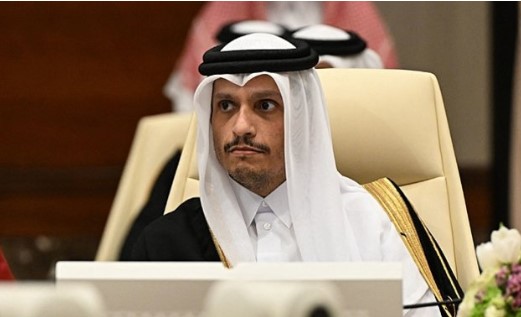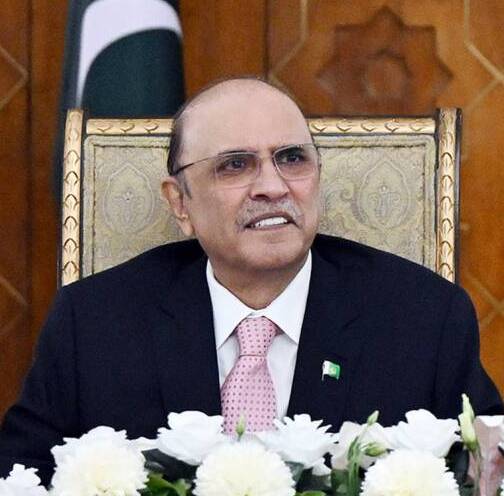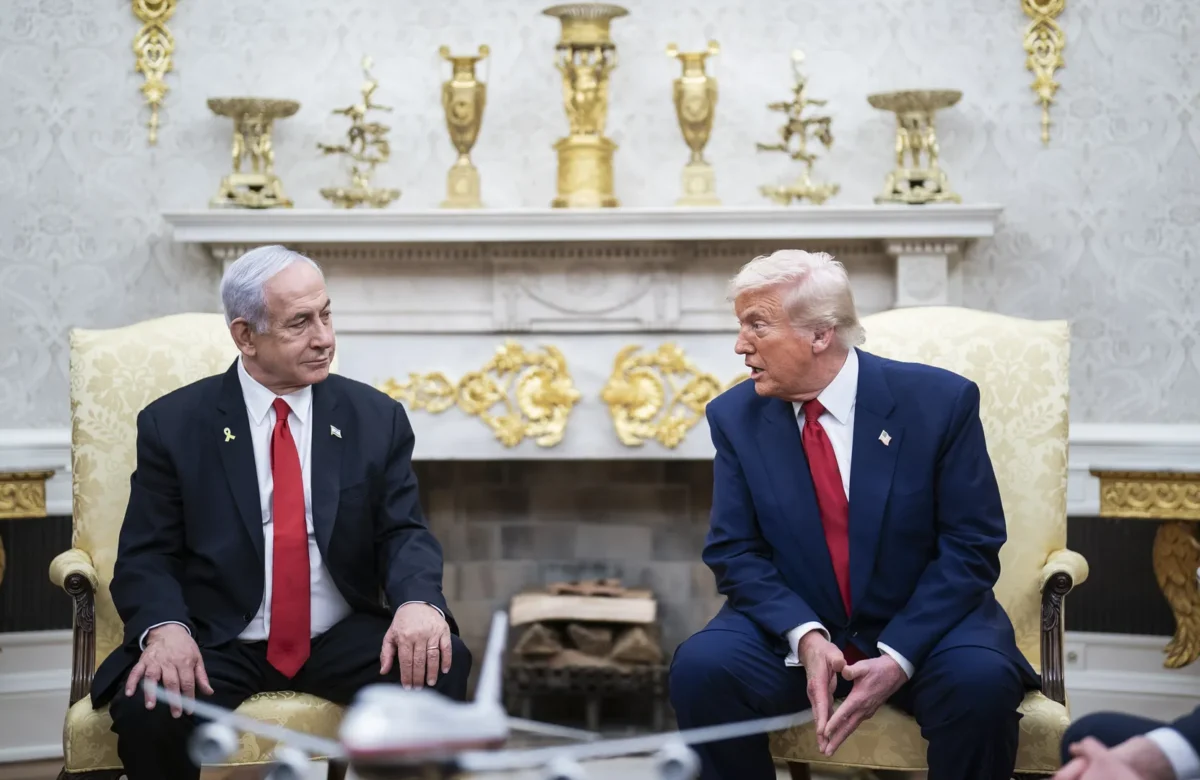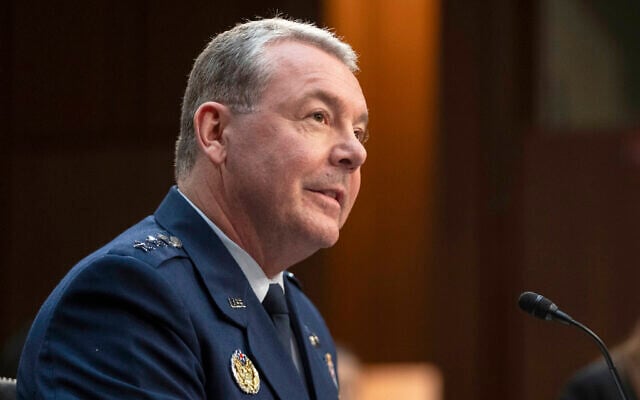
Qatar Warns Gulf Water Crisis if Iran’s Nuclear Plant is Attacked
- World News
- March 8, 2025
- No Comment
Qatar Warns Gulf Water Crisis if Iran’s Nuclear Plant is Attacked
Qatar has raised alarms over the potential catastrophic consequences of a military strike on Iran’s nuclear facilities, warning that such an attack could contaminate regional water supplies and trigger an environmental disaster.
Qatar’s Prime Minister Sheikh Mohammed bin Abdulrahman bin Jassim Al-Thani stated that any assault on Iran’s Gulf coast nuclear site could severely impact desalination plants, which supply fresh water to millions across the region.
“A strike would pollute the sea, leaving us without water in just three days,” Sheikh Mohammed cautioned during an interview.
Qatar Urges Diplomatic Resolution Amid U.S.-Iran Tensions
The warning comes as U.S.-Iran tensions escalate, with President Donald Trump recently signaling both a willingness for talks and the possibility of military action.
“A peaceful agreement would be preferable, but alternative measures could also address the issue,” Trump stated.
Qatar, which relies heavily on seawater desalination for its water supply, has been closely monitoring the situation. The prime minister emphasized that regional stability is at stake, and that military intervention is not a viable solution.
“Our priority is diplomatic engagement. We will continue working towards a peaceful resolution,” he affirmed.
Bushehr Nuclear Plant at Center of Concern
While Iran’s key uranium enrichment sites are located inland, its Bushehr nuclear power plant sits along the Gulf coast, posing a direct risk to marine life and water security if targeted.
Sheikh Mohammed highlighted that Qatar had conducted risk assessments on the impact of an attack, concluding that water contamination could devastate entire Gulf nations, affecting not only drinking water but also food security and public health.
“This is not just a military issue—it’s an existential crisis for the whole region,” he stressed.
Global Implications and Regional Security
As Western nations continue to pressure Iran over its nuclear program, Qatar’s concerns reflect broader fears of instability in the Middle East. The Gulf Cooperation Council (GCC) nations, which depend on shared marine resources, could face severe disruptions in the event of a conflict.
Sheikh Mohammed reiterated that Tehran has shown willingness to negotiate and urged world leaders to pursue diplomatic channels instead of military confrontation.
With rising geopolitical tensions, the stakes are higher than ever, making regional cooperation critical to preventing a crisis that could affect millions of lives across the Middle East.







